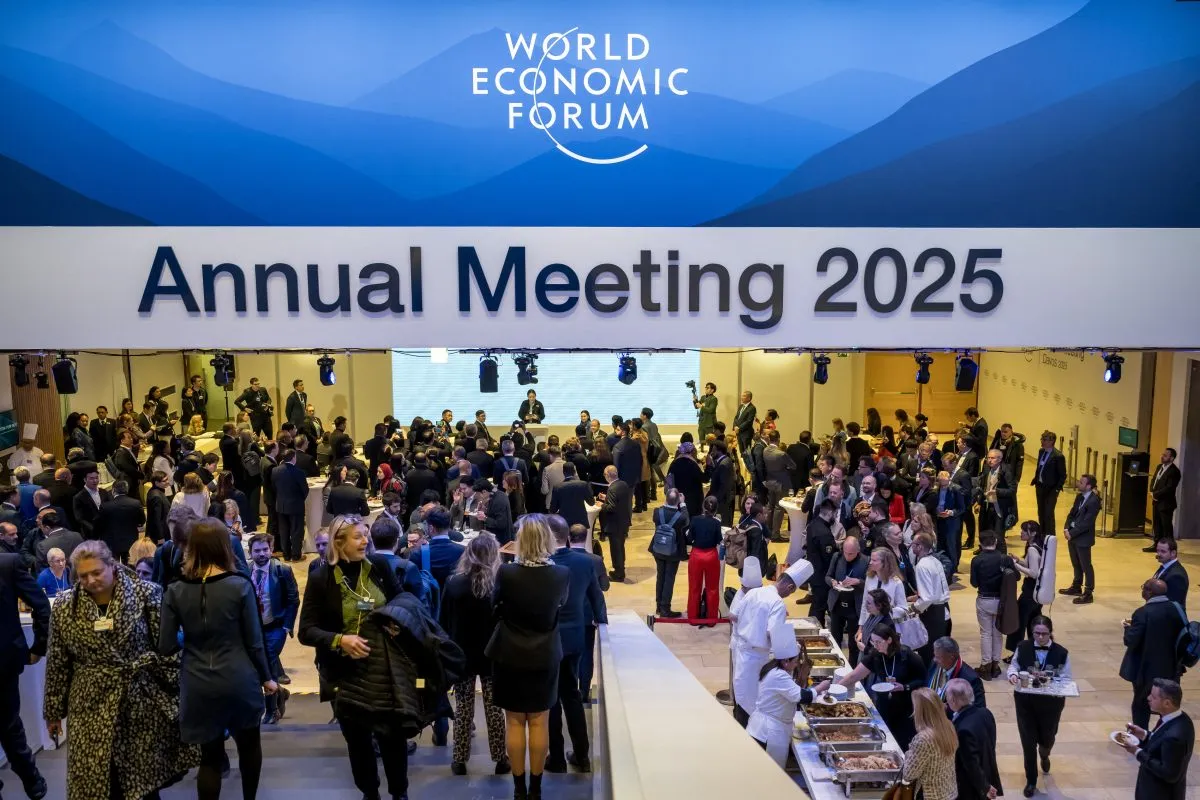At a panel discussion during the World Economic Forum in Davos, Samaila Zubairu, president and CEO of the Africa Finance Corporation, said the structure of African economies, reliant as they currently are on the production and export of raw materials, does not foster value addition, generate quality jobs, or facilitate the capital formation necessary for a robust banking system.
Value addition on the continent, however, must be prioritised to create jobs and incomes that can support the financial system, he said.
“Those employees will pay taxes that can be used to build schools for education. Those employees will make savings that will go to mutual funds and stock exchanges, savings accounts and pensions. Those pensions will be available to build infrastructure. They’ll be available to pension managers to allocate for venture capital and for private equity, which will then be to finance ventures by young people,” he argued.
Zubairu suggested that African countries need to change their pension rules so that pension funds can invest in African projects. African banks must also be capitalised to a much higher level, giving them the capacity to support bigger ticket projects.
“If we don’t have local banks or domestic resources, there can be no development,” he warned, adding that “we must not only accumulate reserves to pay for imports we should have reserves to pay for investments in infrastructure.”
Zubairu said the proposal to revise the rules on pension funds had been road tested in Nigeria with positive results. Previously, pension funds in Nigeria were restricted to investments in government bonds and listed equities.
However, following engagements with the AFC, authorities created a window for 5% investment in infrastructure equity, 15% allocation in infrastructure bonds, and 5% allocation in private equity and venture capital.
“On the back of that, we joined together with the Sovereign Investment Authority of Nigeria to create a company called InfraCredit that was providing guarantees to this pension force to invest in infrastructure and industrialisation. So we were able to move from the local banks just doing 1-3 years money to making investments of 10 – 20 years.” The AFC, he reported, is looking at ways of replicating this model in other African countries, with engagements ongoing with Angola and Kenya among others.
Green capital opportunities
Commenting on the fact that African capital markets are less able to support development than those in other continents, Leila Fourie, group CEO of the Johannesburg Stock Exchange (JSE), pointed out that investors are often deterred by over-indexing of risks, policy uncertainty, and lack of economic growth. Such conditions undermine investor confidence.
Fourie said green funds are a promising solution to mobilise funding, revealing that the JSE, along with Nigeria, Kenya and Botswana, is working to develop green, social and sustainable bonds.
“These are debt financing for green projects, climate-related projects and social projects like schools, hospitals and others.”
These green financial products, Fourie noted, have demonstrated remarkable success, not only in attracting significant investor interest but also often delivering superior returns. In addition, carbon markets across the continent are emerging as a vital tool for funding sustainability efforts, Fourie said.
Want to continue reading? Subscribe today.
You've read all your free articles for this month! Subscribe now to enjoy full access to our content.
Digital Monthly
£8.00 / month
Receive full unlimited access to our articles, opinions, podcasts and more.
Digital Yearly
£70.00 / year
Our best value offer - save £26 and gain access to all of our digital content for an entire year!

 Sign in with Google
Sign in with Google 



